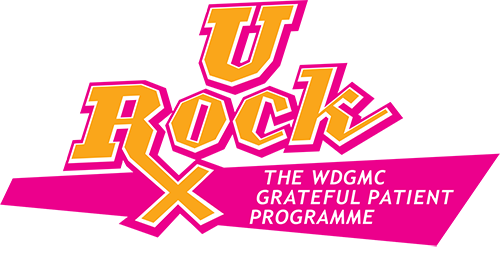Men's Health
Dr Kgomotso Mathabe
Why do we have an international Men’s Health month? Why do we have an International Men’s Health Society? Why do men’s health issues need specific attention?
This is so that we may address conditions that are:
- specific to men i.e. male anatomical structures,
- present in both genders but with a greater prevalence in men,
- related to activities which are more common in males,
- related to male behaviour.

The urologist is involved with conditions related to the male anatomy. The other three points are managed by other specialists such as cardiologists and trauma surgeons.
When we speak of Men’s Health, we typically focus on issues affecting older males. However, we should not forget about young males and boys. This is a brief overview, please contact your local urologist for a more detailed discussion.
Young Men | Older Men |
|---|
- Testicular descent
- Testicular torsion
- Testicular cancer
- STRI & HIV
- Circumcision
| - Erectile dysfunction
- Testosterone deficiency syndrome
- BPH
- Prostate cancer
|
OLDER MEN
Erectile Dysfunction (ED)
The most common reason for men upward of forty to present to a urologist is erectile dysfunction. This condition is characterized by an inability to maintain erections sufficient for sexual intercourse. The most critical part of erectile dysfunction is that it shares the same risk factors as cardiovascular disease. So it is red flag for possible future heart attack or stroke. It precedes cardiac events by 5-10 years. The other important point to note about ED is that it can be treated.
Risk factors for ED
- Diabetes
- Hypertension
- High cholesterol
- Obesity
- Smoking
Testosterone Deficiency Syndrome (TDS)
This is the male equivalent of menopause. Its other names are andropause and ADAM (androgen deficiency in the ageing male).
This is a set of symptoms which males experience as a result of declining testosterone levels with increasing age. Again, this can be treated.
Symptoms of TDS
- Erectile dysfunction
- Loss of libido
- Hair loss
- Lethargy/ Tiredness
- Depressed mood
- Lack of motivation
- Decreased muscle and bone mass
- Increase in fat especially centrally
- Sleep disturbance
Benign Prostatic Hyperplasia (BPH)
This is a condition in which the prostate enlarges with increasing age leading to difficulties with urination. This is highly bothersome. It may be treated with tablets or surgery.
Storage symptoms | Voiding symptoms |
|---|
| - Weak stream
- Incomplete voiding
- Intermittency
- Straining
|
Patients may also present with dribbling of urine after completing urination.
Prostate cancer
This is a malignancy of the prostate, and is potentially life-threatening. The diagnosis is made on a blood test and a physical exam. If diagnosed early, the treatment options have truly advanced over the years. They include brachytherapy, surgery, radiation, medication either tablets or an injection, and finally chemotherapy for more advanced disease.
YOUNG MEN
Undescended testes
At full-term a baby boy should have both testes palpable in the scrotum.
Risks of undescended testes
- Infertility
- Malignant transformation
- Hernia
- Testicular torsion
Testicular torsion
This condition presents with the sudden onset of pain in the scrotum occurring spontaneously. It will often wake patients from sleep. It is an emergency, needing surgery within 6 hrs. It typically occurs in adolescents following the growth spurt, during which there is an increase in the testicular size.
Testicular cancer
The age group at risk for testicular cancer is affects 15-35yr old males. It presents as a lump in the testis. Ideally monthly testicular self-examination should be carried out. Testicular cancer is highly curable. Patients should not delay seeking medical attention.
Sexually transmitted infections (STI/ STD)
These may present as growths or ulcers on the penis or as a discharge from the urethra
Complications of STI | Urological complications of HIV |
|---|
- Infertility
- Urethral strictures
- Testicular loss
- Penile cancer
- Cardiovascular & Neurosyphillis
| - Kidney- failure, cancer (lymphoma), stones
- Testes- hypogonadism, infertility, erectile dysfunction
- Penis- cancers
- Bladder- inability to urinate
|
STI’s and circumcision
Studies have shown that circumcision does reduce the rate of STI’s and cancer of the penis. As do appropriately cautious sexual behavior and good personal hygiene.
Men’s Health issues do matter and urologists are here to help our patients navigate their way through any concerns that they may have.
For more information contact
Dr K. Mathabe

